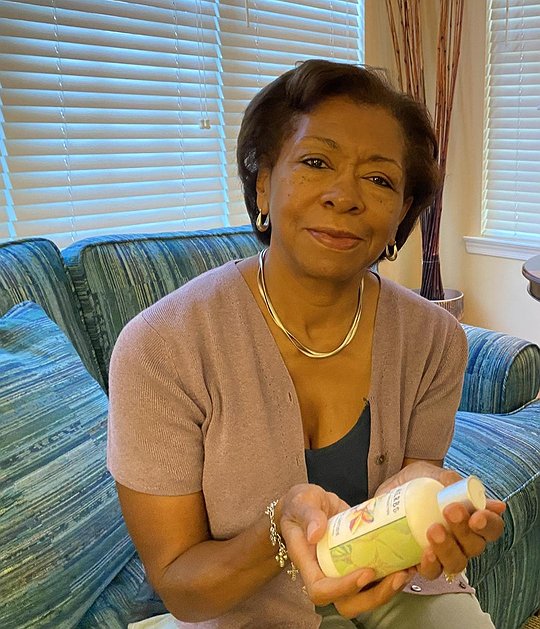In last month’s column we talked about ways to experience pleasant times with our loved ones with dementia. Not surprising, but consider it confirmed, it is crucial to communicate pleasantly and to communicate in different ways.
As fate would have it, I had previously scheduled a visit with an aunt a couple of weeks prior to an interview with a speech pathologist.
On phone calls with my aunt that would last about 10-15 minutes, I could not tell she had dementia. The mild dementia came to light after I had spent less than an hour in-person with my aunt. For the duration of the visit, I was able to utilize some of what I learned from my conversations with the speech pathologist.
As suggested, I walked in with a smile and greeted my aunt with a big hug. Smiling and touch are important. My aunt smiled back, seemed relaxed, present, and happy.
Planning extra time for our visits is important. Don’t be in a rush.
I traveled to Philadelphia for the visit and planned to spend a few hours with my aunt Friday and a shorter visit Saturday morning. I am thankful the 2-part visit seemed to have provided ample time. As midday approached during the Saturday visit, I could tell my aunt was becoming more focused on the pending lunch gathering in the dining room with other residents. So, she seemed just fine when I told her I would be heading out to travel back home.
The speech and communications expert had discussed with me the importance of sensory stimulation. You know — seeing, hearing, taste, smell and touch.
I had packed a scented hand cream to take with me for the visit. On Saturday morning I handed the container of cream to my aunt. She asked what it was. So, I opened the container and massaged her hands. She absolutely enjoyed that and commented on the pleasant smell.
Sharing a limited number of pictures is also advisable. I brought some photographs to share with my aunt. But I did not need them on this trip.
My aunt had many of her own old photographs on display in her room — even back to a high school photo of herself, a wedding photo, and dozens of others. She reminisced about the photos, and most sweetly, she blushed. I selected a couple other photographs, one at a time, showed them to her up close and asked about them. “Is this you?” I asked. “Is this your high school graduation photograph?” “And here you are at your wedding.” Phrasing questions that only require a “yes” or “no” response shows deference towards our loved ones. Yes-No questions allow the dementia patient to easily answer, and they only need elaborate if they are able.
For the visit, I wanted my aunt to be able to see some people she had not seen for more than a year. Video phone calls turned out to be a great idea. I had planned and prepared to have my aunt call a friend and a cousin using a smart phone video-call app.
Oh my — she loved those calls! It was adorable to observe her having this experience. For the first call, it took my aunt a few seconds to adjust and figure out what was going on. As she held the phone in her hand, she said, “I can see her,” when she noticed her friend on the phone screen. “Oh, I see myself,” she said and laughed. “Can she see me?” My aunt’s sister pointed to the phone and explained to my aunt what was happening. I am glad to tell you that my aunt caught on quickly. For the second call, which was to our cousin, my aunt seemed like a pro.
I am thankful for the pleasant visit and especially that my aunt seemed happy and peaceful throughout.
For your visits with aging or ailing loved ones, especially if they have dementia, remember to allow plenty of time, in fact extra time. Smile a lot and notice if they smile back and seem relaxed. Speak to them with care and compassion. Engage many senses. Remember photographs, but just a few at a time. The photographs can prompt conversation and hopefully pleasant memories. Video calls could be a positive experience. Consider giving the video chat a try.
A final thought. It is very important for us to remember to visit when we can prioritize the pleasantness of the experience for our loved one. Yet, we are only human. As caregivers, relatives and friends, we have days when we are stressed or overwhelmed with other responsibilities — or simply tired and in need of rest. Do take care of yourself and if necessary, visit another day — hopefully soon.
